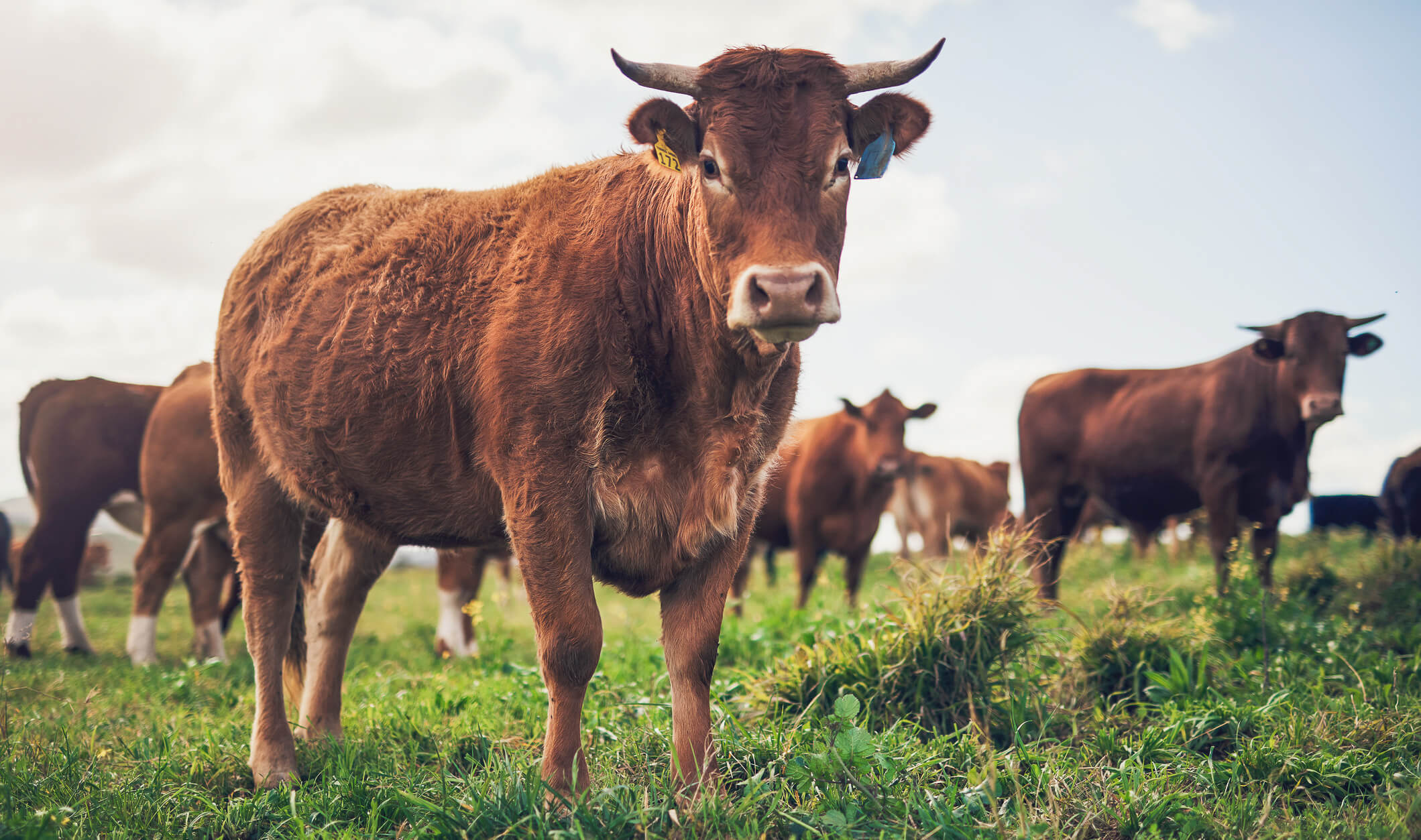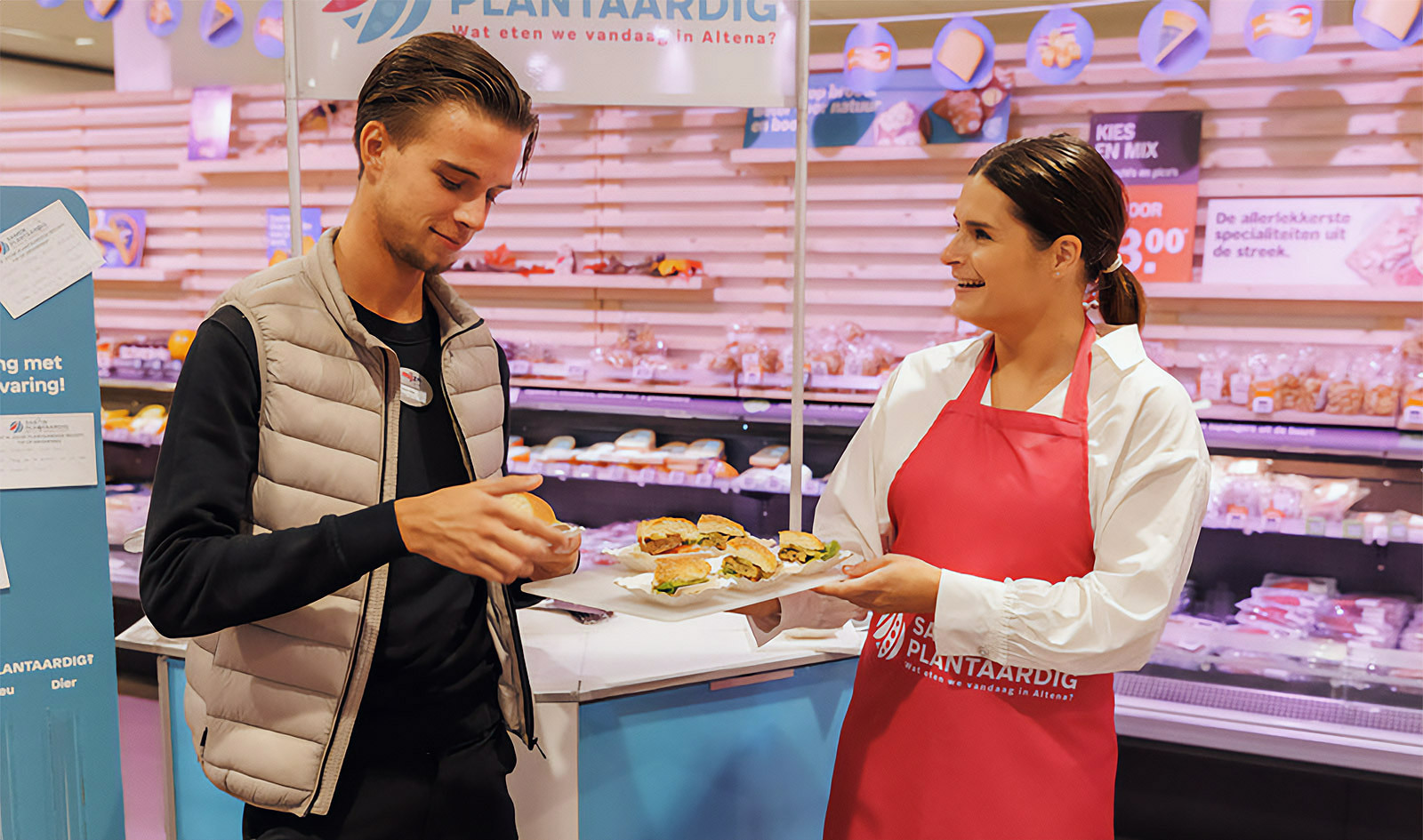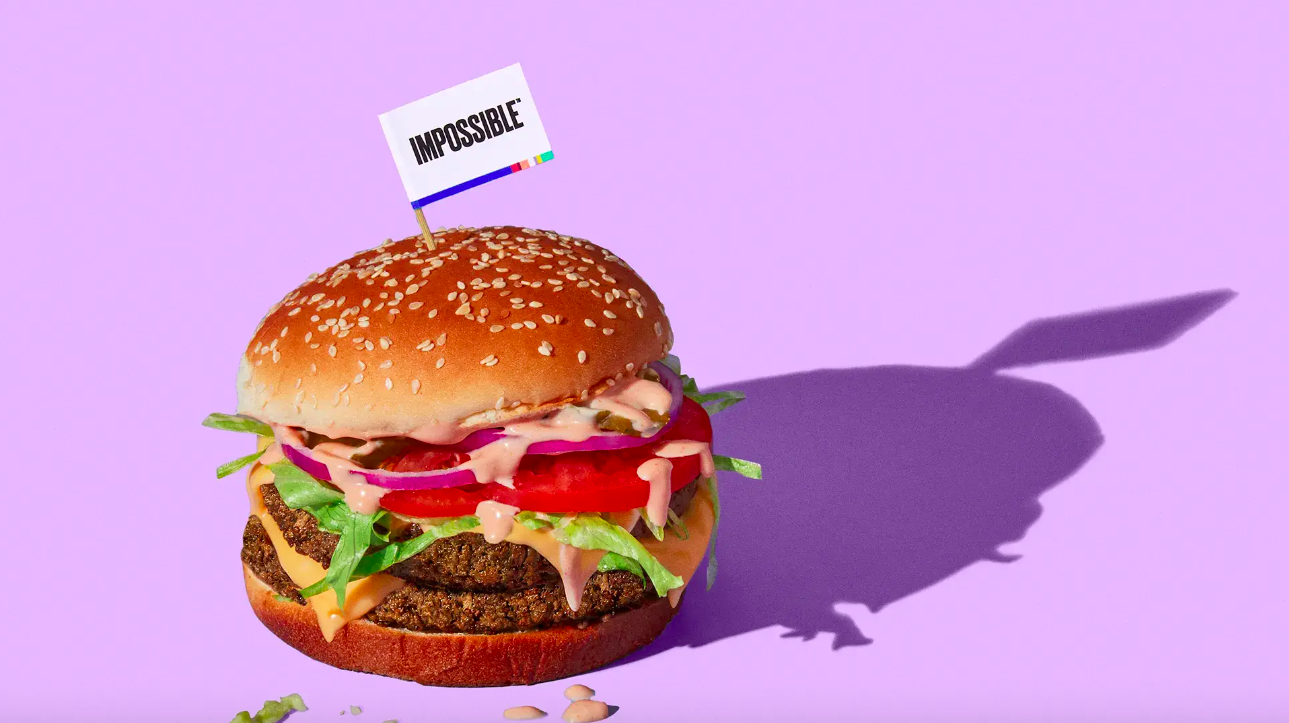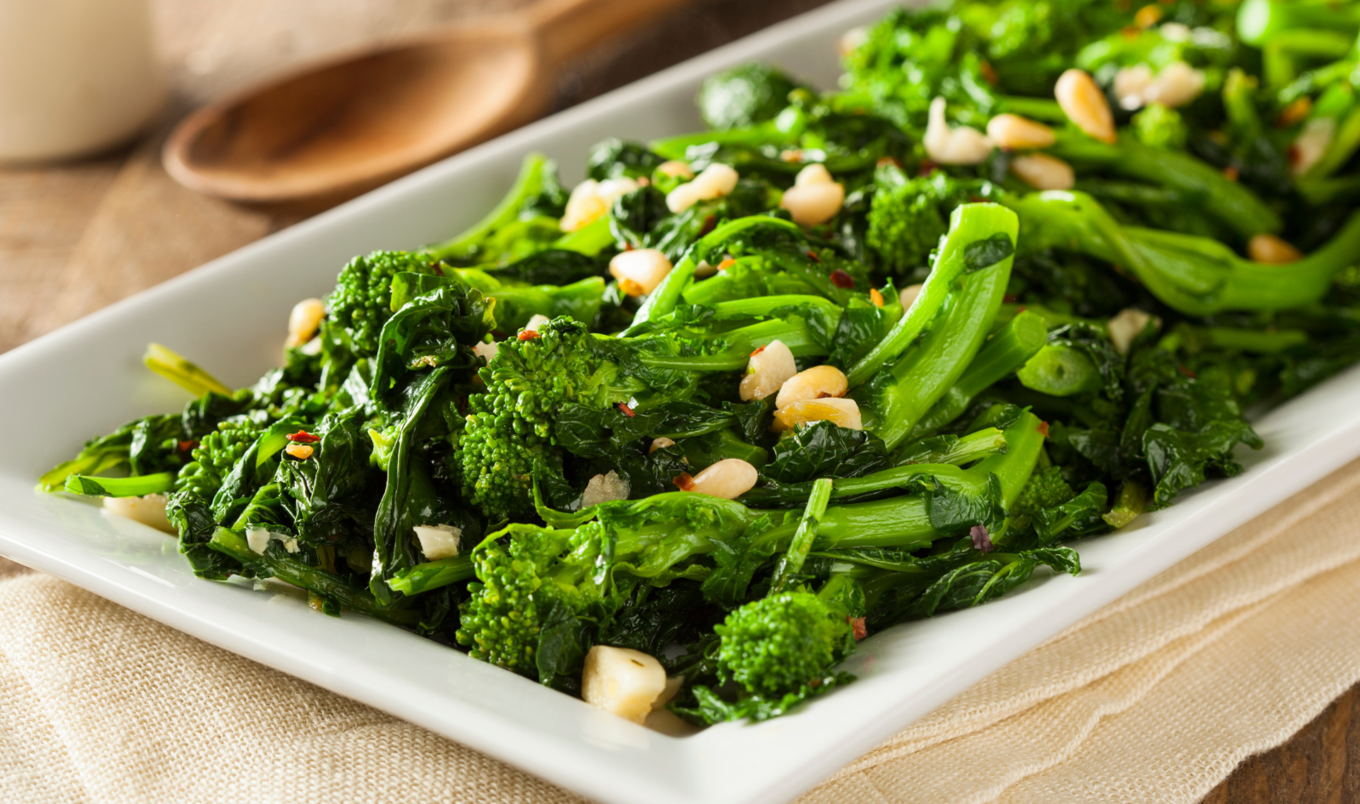The European Union must create a plan for its 44 member states to transition to a more sustainable food system, according to an open letter sent to Commission President Ursula von der Leyen and signed by 286 non-governmental organizations (NGOs).
The letter was prompted by a leaked document that revealed the EU Commission’s concern around opposition to its forthcoming EU Sustainable Food System Law. Scheduled for fall this year, the law will be based on the Farm to Fork Strategy (FFS), a major component of the European Green Deal, which revolves around four pillars: sustainable food production; sustainable food processing & distribution; sustainable food consumption; and food loss & waste prevention.
Adobe Stock
“Biodiversity loss and climate change are serious threats to food security and require immediate action, as the European Commission emphasises in its analysis ]Drivers for food security’. It is evident and scientifically proven that their impacts are already hampering our capacity to produce and access food,” the letter states.
The groups calling on the EU to lead the way toward a sustainable global food system include a wide swath of NGOs such as Compassion in World Farming, Friends of the Earth, and WWF.
“Strengthening environmental and social sustainability will increase the resilience and security of our food system to external shocks,” the letter states. “For these reasons, the European Commission must keep environmental and social sustainability at the centre of the policy debate around food, agriculture and fisheries.”
The letter was issued as a way to show the EU Commissioner that these nearly 300 influential groups stand together in supporting a sustainable food law. “We acknowledge that this transition will present its own challenges and might create some resistance, but the EU and the rest of the world cannot bear the cost of inaction,” the letter states.
Table of Contents
What is a sustainable food system?
A growing body of research shows that a food system that depends on industrial animal agriculture is not sustainable. And a shift to a plant-based food system comes with major environmental benefits. For instance, food-related carbon dioxide emissions could be slashed by 70 percent (or 9.6 billion tons) if the current meat-eating population went vegan, according to one report.
 People Images
People Images
The FFS is based on the latest climate science. In the EU, more than 10 percent of greenhouse gasses come from food-related emissions, of which the majority (nearly 70 percent) can be attributed to animal agriculture.
“We must move forward and make the EU’s food system a driving force for sustainability,” Stella Kyriakides, EU Commissioner for Health and Food safety, said in a statement when the FFS was first adopted in 2020. “The Farm to Fork Strategy will make a positive difference across the board in how we produce, buy and consume our food that will benefit the health of our citizens, societies and the environment.”
“It offers the opportunity to reconcile our food systems with our planet’s health, to ensure food security and meet the aspirations of Europeans for healthy, equitable, and eco-friendly food,” Kyriakides said.
Plant-based food transition in Europe
Some European regions are already taking the initiative upon themselves to design programs that advance sustainability goals.
 Green Protein Alliance
Green Protein Alliance
Green Protein Alliance (GPA) just launched its multi-pronged strategy, called “Plant-Based Together,” as a pilot program in the Dutch town of Altena. Here, ambassadors work with supermarkets, schools, and restaurants to encourage local people to make plant-based food choices more often. The goal? Transition the town’s population to a 50:50 ratio of plant-based and animal-based protein in their diets by 2025.
Also in the Netherlands, family-owned company Schouten has been working to create new products with sustainability in mind. The company recently partnered with fellow Dutch company Grassa to develop plant proteins directly from grass, effectively cutting out cows as the middlemen in producing meat.
The forthcoming innovations will help support the Netherlands’ National Protein Strategy, which aims to reduce its reliance on imported soy and, in the next five to 10 years, shift to locally produced plant-based proteins.
Germany is also finalizing its National Protein Strategy by the end of the year. Key points outlining its core values were released in a paper in January. Here, the government is embracing a need to reduce meat consumption and focus on plant-based proteins as a way to achieve its goals of becoming carbon neutral by 2045.
“The transformation of the entire food system towards a plant-based diet is the most important adjusting screw in the nutrition sector to achieve our national and international climate, biodiversity, and sustainability goals,” the German government-issued paper states.
On a global scale, the Plant Based Treaty (PBT) is a doctrine that is gaining traction among government municipalities worldwide. The PBT is predicated on three principles: Relinquish (freeze expansion of animal agriculture to halt environmental destruction); Redirect (shift toward a plant-based food system); and Restore (rewild natural habitats to restore balance).
The PBT was designed to give governments a framework for shifting their regions to more sustainable practices, and is now backed by more than 20 municipal governments worldwide.
.jpg) Plant Based Treaty
Plant Based Treaty
Last month, Scotland’s Edinburgh became the first capital city to sign the PBT and is currently working to create an action plan and implementation strategy of the treaty’s core principles.
“To sign the treaty is to show that we take our climate commitments seriously, and recognize the science behind the climate emergency,” Ben Parker, City of Edinburgh Council Member, said in a statement at the time. “That is, to know that food systems are key drivers of emissions, and that plant-based foods must figure as part of the solution to tackling climate change.”







.jpg?sha=1491c255b49d3e03)